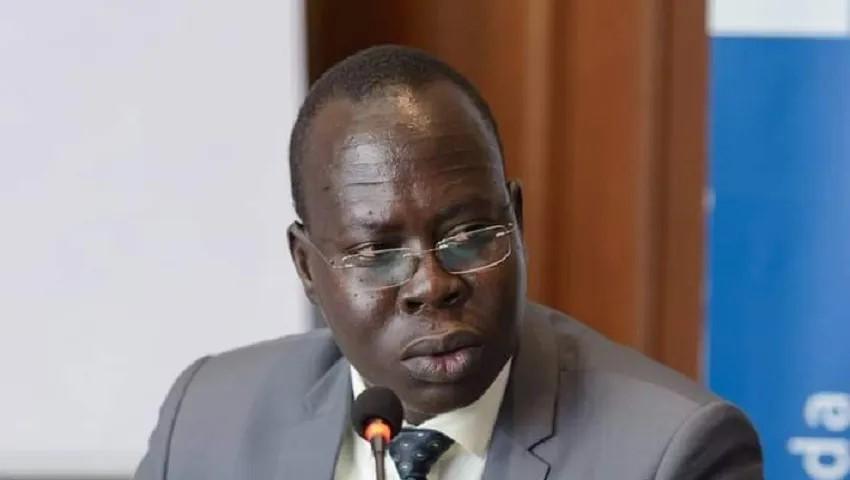Africa-Press – South-Sudan. South Sudan civil society organizations, the Center for Peace and Advocacy (CPA) and the Pan-African Peacemakers Alliance (PAPA), said on Friday that the declaration of a state of emergency in Mayom County in Unity State and Warrap State would not solve the nation’s security challenges.
This comment came after President Salva Kiir yesterday night declared a six-month state of emergency in Mayom County and Warrap State following intensified intercommunal violence.
The declaration follows a surge in deadly intercommunal clashes, particularly in Tonj East County of Warrap, where 64 civilians were killed in the last few weeks.
In Mayom County, authorities reported cross-border cattle raids by armed youth from neighboring Warrap State.
Under South Sudan’s Transitional Constitution, a presidential declaration of emergency must be submitted to the National Legislative Assembly within 15 days for approval.
However, it remains uncertain whether the parliament—currently on recess—will convene to endorse the decision, which is already in effect.
Ter Manyang Gatwech, Executive Director for the Center for Peace and Advocacy (CPA), argued that the declaration of a state of emergency would undermine civil liberties and shrink civic space in Unity and Warrap States.
“What South Sudan needs now is leadership committed to peace, inclusion, and reform—not emergency decrees,” Manyang said in a joint statement issued on Friday.
This joint appeal comes amid rising political tensions, increased violence in conflict-affected areas, and growing public concern over the slow progress of the peace deal.
He said the state of emergency would further delay the democratic transition the country desperately needs.
For his part, Yoal Gatkuoth, executive director of the Pan-African Peacemakers Alliance (PAPA), called for immediate de-escalation of violence in Upper Nile, Nasir County, and sought inclusive political dialogue to address the tension.
“We believe sustainable peace will only come through a transparent, participatory process that empowers all South Sudanese stakeholders—not by circumventing constitutional norms through emergency powers,” said Gatkuoth.
Gatkuoth also called on regional and international partners—including IGAD, the African Union, and the United Nations—to step up diplomatic engagement and provide technical and political support for the peace process.
He said the country’s future hinges on the government’s ability to honor the commitments of the 2018 peace deal, which aims to deliver peace dividends to its citizens.
Both CPA and PAPA expressed their commitment to supporting peacebuilding efforts and holding leaders accountable to the aspirations of the people.
For More News And Analysis About South-Sudan Follow Africa-Press






